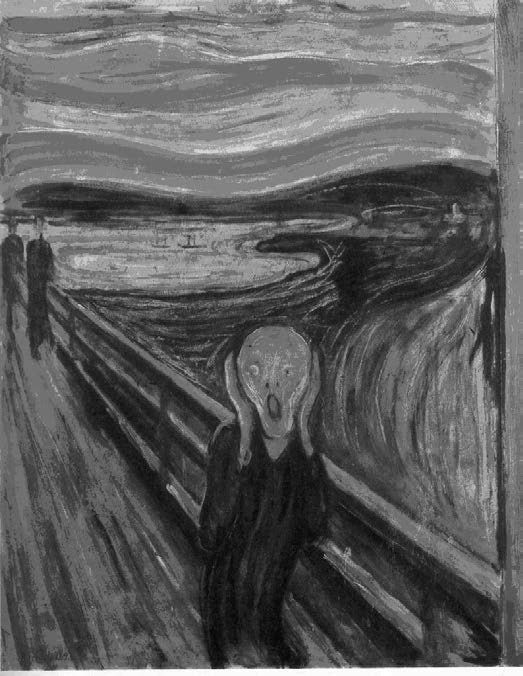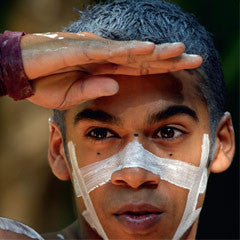
Addiction and obsession
£14.95
Unit 4 of the Edexcel A2 requires students to respond to a range of stimuli and to work as a member of a group of between three and 12 students to devise an original piece of theatre developed through research and practical exploration. The written element of this unit requires students to keep a Structured Record in which they evaluate their own part in the devising process and final performance.
Stimuli can come from a variety of mediums, for example poems, newspaper reports, fictional prose, pictures, photographs or song lyrics, to name but a few. Unlike Unit 2 where teachers direct the piece, the Unit 4 specification states that teachers may offer technical advice and support but should not actually direct either the process or the final piece. Since the work is the student’s responsibility they must be encouraged to:
- Identify the dramatic potential of the stimulus
- Negotiate and organise a structure for the devising process
- Undertake background research
- Consider the aims of the work and identify an appropriate audience
- Plan, resource and rehearse the drama using, where appropriate, the full range of technical resources and skills at their disposal
- Ensure that each member of the group has the maximum opportunity to demonstrate the assessment objectives of the specification
The choice of stimuli material and topics is vast for Unit 4 of the A2 course. Students can begin with any number of ideas and end up in a huge range of places. To begin I would offer definitions of the key words as a basis for students’ own research. Their research can lead them in a variety of directions; for example research on addiction may lead them to create a piece of theatre on mental health issues.
Addiction: the state of being enslaved to a habit or practice or to something that is psychologically or physically habit-forming, such as narcotics, to such an extent that its cessation causes severe trauma.
Obsession: the domination of one’s thoughts or feelings by a persistent idea, image or desire. Students will need to research the varying forms of addiction, which may include physical and psychological dependency, drug control legislation and methods of care. In addition, research could focus on alcohol, drugs, gambling, sex, co-dependency, shopping, food, exercise, gaming or the internet. Detailed, well thought out research is essential as students must be well informed when creating work based on sensitive issues. Sweeping generalisations and guess work do not
make convincing theatre.
A useful structure for research would be for the topics to be divided among the students. Each person should research their area and give a PowerPoint presentation to the rest of the group, leading them through information and ideas for practical exploration.
Number of schemes: 2




